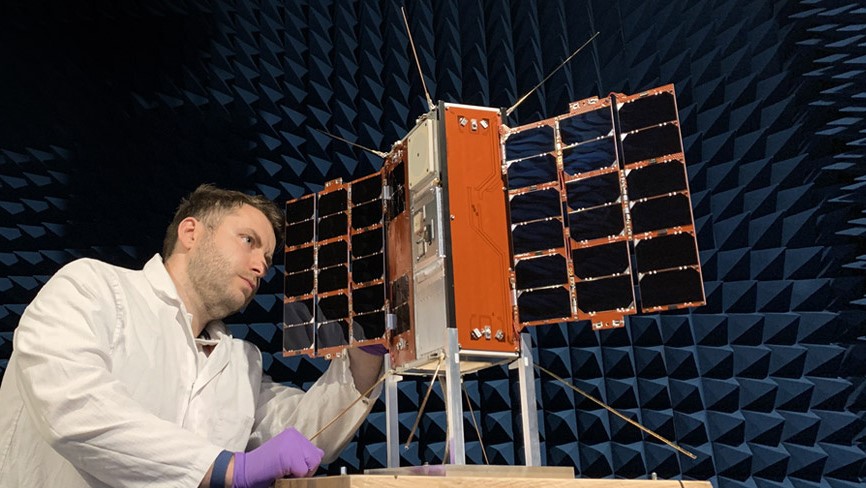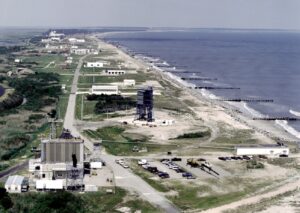BAE Systems & Portsmouth University Unveil First Space Degree
9th Feb 2024
BAE Systems has teamed up with the University of Portsmouth to entice more people into the space industry. They have collaboratively unveiled the “first ever” space technology and engineering degree. Apprentices who heed the offer will gain industry experience at BAE Systems sites, and attend classes held at Portsmouth University.
Ultimately, by offering a tailored course in the STEM sphere, both organisations are attempting to link academia with industry to enable greater skill growth. As such, the course may offer a saving grace for the UK who is currently experiencing a major skills shortage in its space sector.
Director of Space at BAE Systems’ Digital Intelligence business, Doug Liddle, commented: “the launch of the UK’s first space degree apprenticeship is a vital step to attract the next generation of talent into our growing space sector. The skills gap faced today poses a significant challenge to the future of the sector. So it’s critical that we encourage and invest in future space engineers to support the UK‘s ambition to become a space science and technology superpower and ensure we stay ahead in the New Space Age. The sky is no longer the limit.”
What The Course Will Offer
The course will concentrate on giving students the ability to gain skills via real-world experience. BAE Systems said undergraduates will take part in real-life projects that will involve sending instruments to space. One of those projects is Azalea, a “multi-sensor low Earth orbit satellite cluster,” used for British military intelligence gathering. The cluster will launch in 2025.
Apprentices will also attend onsite skill building sessions at BAE Systems’ Alton and Guildford facilities. Whilst performing hands-on work, they will absorb experience in “System and Mission Analysis, Software Development, AOCS (Attitude and Orbit Control System) and Electronics”. BAE Systems said students will learn “from some of the most talented people in the industry.”
Learning About Space Engineering At Portsmouth University
The second element of the converging industry and education experience will include a Bachelor of Engineering in Space Systems Engineering. Lasting four-and-a-half years, students will undertake computer design and telecommunication development units. Additionally, they will be exposed to in-space science, mission design, and materials and engineering lessons.
Executive Dean for the Faculty of Technology at Portsmouth University, Professor Djamel Ait-Boudaoud, remarked: “”In the midst of the UK’s expansion and ambition within the space sector, addressing the critical challenge of a skills shortage is paramount to realising our national aspirations.”
He continued: “Collaboration between educational institutions and industry is essential to meet both national and regional skill demands. The University of Portsmouth has identified Space technology as a strategic priority for the future and we are passionate about driving forward space initiatives.”
Other Education Initiatives Attempting To Bolster The UK Space Industry
The burgeoning state of the UK space industry means more people need to be attracted to STEM education pathways. Significantly, a report by the D Group revealed the dire uptake in STEM careers and education. As a result, many academic and industry organisations are trying to resolve the current dichotomy.
Notably, one of those organisations is Northumbria University. In late 2023, they unveiled plans to build a new £50 million space education centre, titled NESST. Also, the UK Space Agency has been roaming the UK with their Space for Everyone tour. Over 160,000 people attended the tour, which was designed to inspire more young people to join the space industry. With BAE Systems and Portsmouth University now jumping on board, hopes are pinned on attracting more talent to the sector to reduce the pressure imposed by the skills shortage.







Thank you for your comment! It will be visible on the site after moderation.